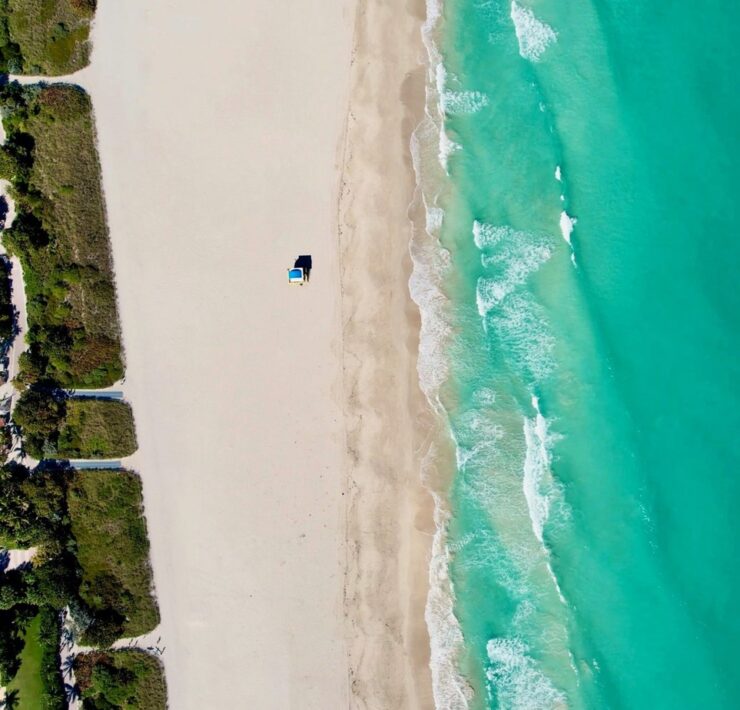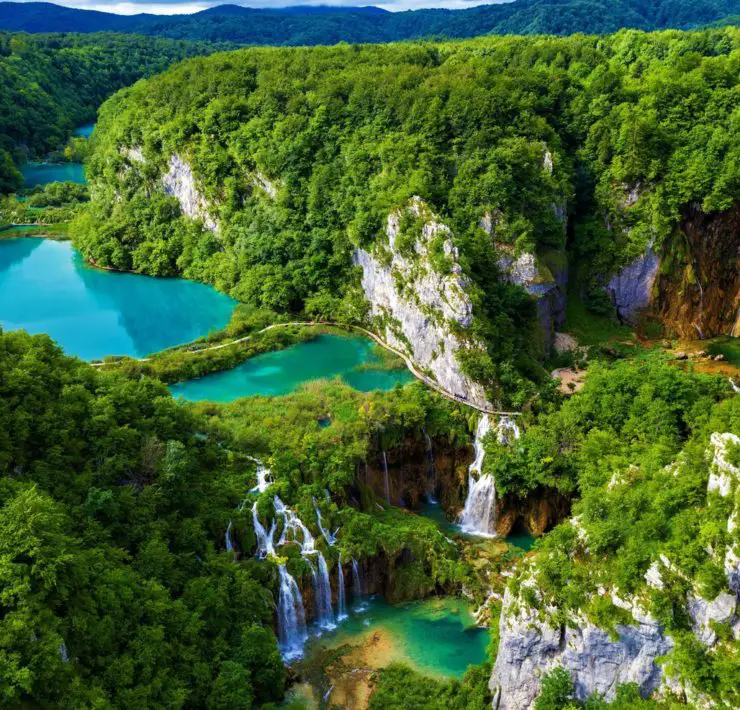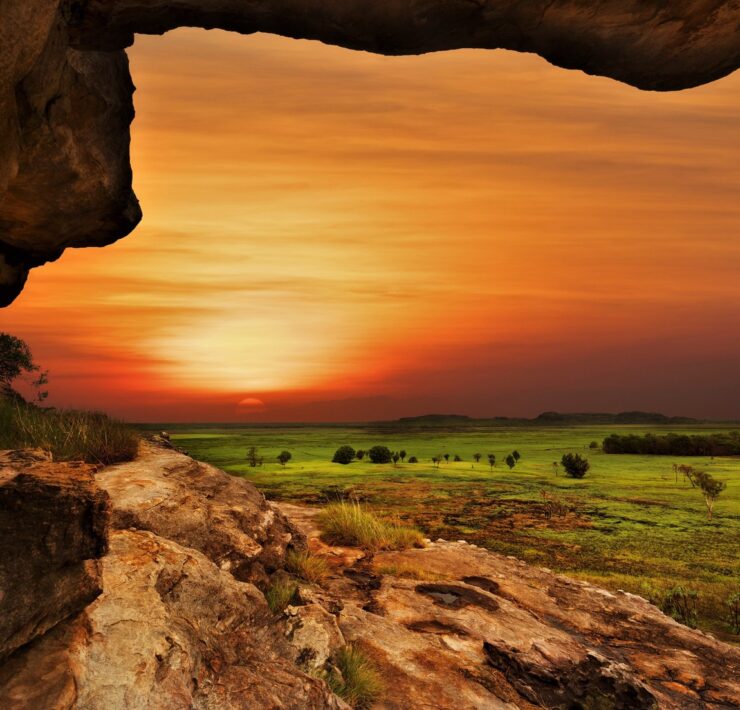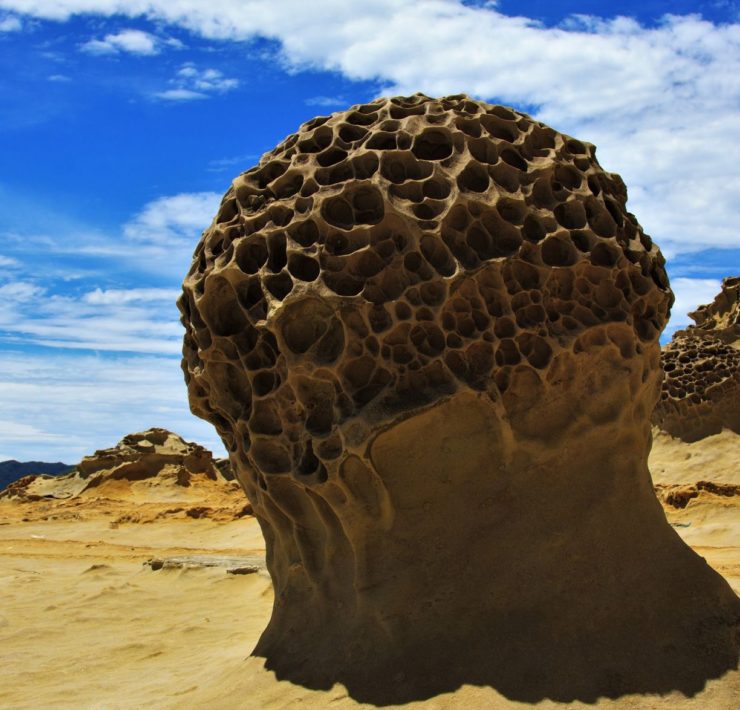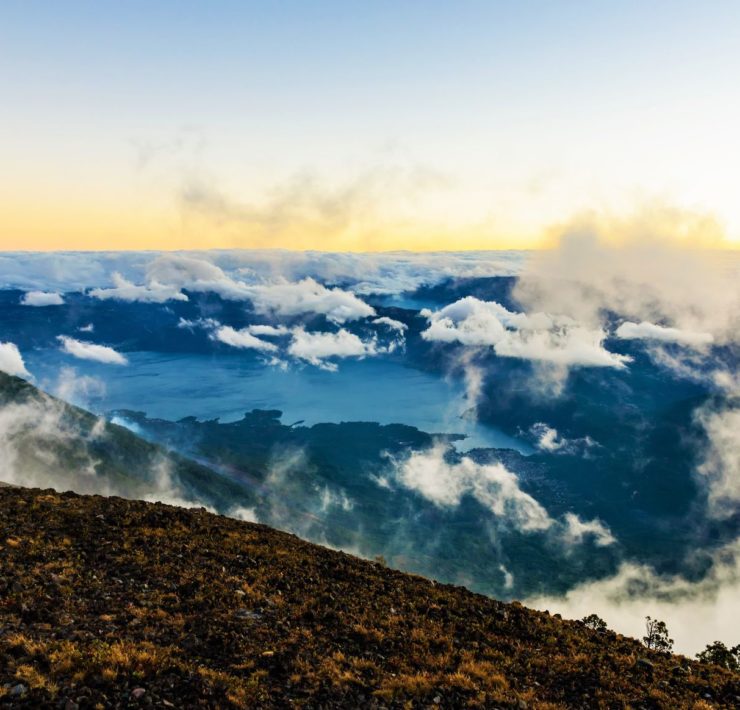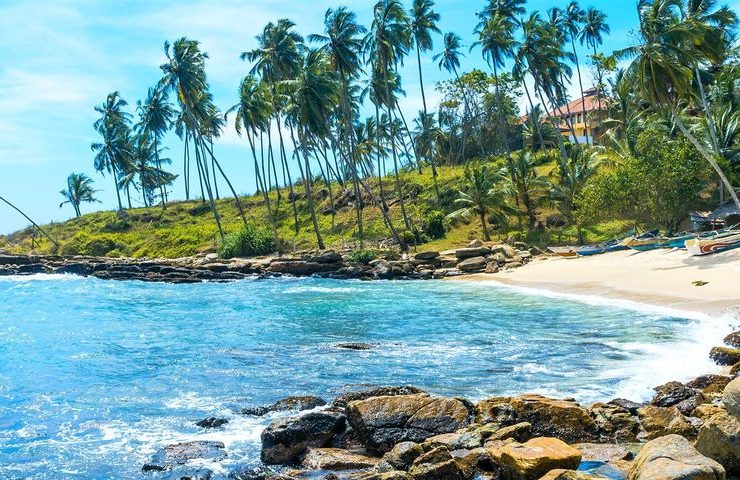What has been tagged the cleanest or clearest lake in the world can be found in the Nelson Lakes National Park, which is situated in New Zealand’s South Island. This popular park, which was created in 1956 and encompasses an area of more than 1000 square kilometers, plays host to the famous Blue Lake, or what the local Maori people know as Rotomairewhenua.
Description
Blue Lake is a little fresh water in the northern parts of the Southern Alps located in New Zealand. It is spring fed by waters from the glacial Lake Constance in its close proximity. The colors of this stunning lake are such as can be seen only in very clear water. But you may wonder how it is able to have such clarity that is not even associated with Lake Constance, which is its source. Before the water enters into Blue Lake, it goes through a natural dam formed from landslide debris, which filters out all particles from it, ensuring the lake is unusually clear.
The Clearest Water in the World
It was National Institute of Water and Atmosphere Research (NIWA) hydrologist Rob Merrilees who first suspected that the optical clarity of Blue Lake was rather phenomenal, noting its similarity to Te Waikoropupu Springs. He then got in touch with NIWA aquatic optics expert Rob Davies-Colley, who had previously worked on Te Waikoropupu. It was discovered by both Merrilees and Davies-Colley when on an initial tramping in 2009 that the clarity of Te Waikoropupu was surpassed by that of this spectacular lake.
A scientific research on the visibility of the lake was embarked upon by NIWA researchers in 2011. Based on results of scientific tests carried out, it was concluded that Blue Lake is the cleanest fresh water in the world. The visibility in the lake was reported to be of up to a depth of 80 meters. This means its water is almost as optically clear or pure as distilled water.
Sacred Lake
Blue Lake is held in very high regard by the native Maori people. They consider it “tapu” or sacred and, as such, people are not allowed to go into the lake. The only recorded exception to this rule involved Dane Klaus Thymann, who is both an environmentalist and photo-journalist. He was given exclusive permission by the local people and the authorities to capture images depicting the clarity of the lake for reasons of conservation.
A Tourist Attraction
Understandably, many people visit New Zealand to catch a sight of this astoundingly clear lake. If you are the type that is usually enthralled by beautiful, natural landscapes, then this is a must-see for you. The Nelson Lakes National Park, where Blue Lake can be found, is a popular place in the country and will be hard to miss. The closest main center to this park, which features rivers, glacial lakes and beech forests, is the port city of Nelson. The main point of access to Nelson Lakes National Park is at the village of Saint Arnaud and Lake Rotoiti, some 100 kilometers from Blenheim and Nelson.
Your visit to Blue Lake needs not be only about seeing this optically clear lake, though, as there are a number of activities that visitors can have a great time engaging in while in the area. If you are interest in hiking, you may check out the Travers-Sabine Circuit which extends about 80 km deep into park and has restful hiking huts provided all along it. The area is also popular for camping, with the main campgrounds to be found along the Lake Rotoiti shores. There are also other interesting activities available, including fishing, mountaineering and mountain biking as well as boating.
When On Earth Magazine is for people who love travel. We provide informative travel guides, tips, ideas and advice regarding places to see, things to do, what to taste, and much more for world travelers seeking their next dream vacation destination.

